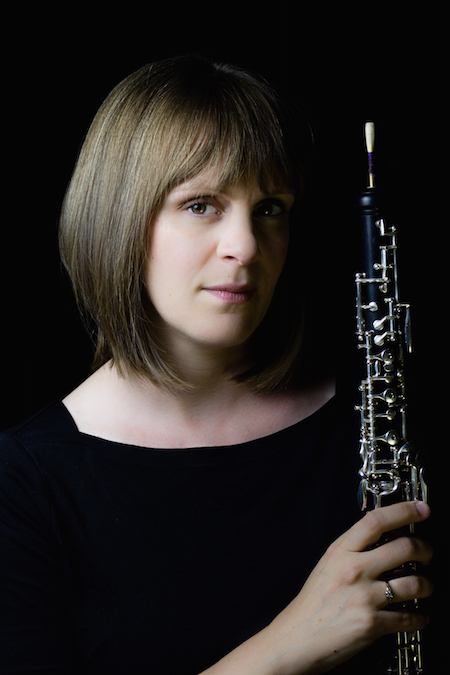Moderated by: Stacie Widdifield
Jennifer, an ethnomusicologist, investigates how climate change and subsequent grassland degradation impacts Mongolian pastoralists (herders) who have historically used sound (for example, ice cracking, insect sounds, wind blowing through grass) to determine the status and condition of their environment. Her research focuses on how herders “use sonic variables to assess specific components of their lifeways” as well as “interspecies communication, such as singing or vocalizing to and with their livestock.” Her research contributes to an understanding of how changes in /loss of sound and sonic practices index broader changes in pastoralist lifeways as a result of climate change. She and her team believe that community-based maintenance and reintroduction of sonic practices in social and cultural contexts will contribute to sustaining these pastoralist lifeways. Jennifer describes her work as “multispecies research… that acknowledges the interconnection, the interconnectedness and the inseparability of humans and other life forms.” Jennifer has published multiple research articles on climate change and sonic practices, including music.
Sara, an oboist with a diverse array of creative projects, discussed one in progress which responds to climate change as measured in U.S. Forest Service tree ring growth data and studied by dendrochronologists at UA’s Tree Ring Laboratory (LTRR). Sara noted that “collaboration was inherent in her field” and that for this project she was thinking “very locally and thinking about the science happening on this campus and really intrigued by the work going on at the Tree Ring Lab.” Her collaborators included a forest ecologist at the LTRR, Professor Kelly Leslie from the School of Art (Illustration and Design) as well as their students. Sara’s research practice created new musical expression around scenes of climate crisis by commissioning a piece for English horn, clarinet, bassoon, and electronics and conceived for the space in the LTRR. She and her collaborators, especially composer Lachlan Skipworth, sought to use the data to govern different elements of the music, rather than only data sonification in which sound is generated from the data. The final piece, entitled Pine Chant, was a sonic representation of how Arizona pines have responded to climate change over the last century or so. Sara and her colleagues made a professional studio recording in the Fred Fox School of Music Haskell Recording Studio which was released across all streaming platforms in fall 2022.
(Summary: Stacie Widdifield)

Sara Fraker
School of Music
Associate Professor, Music
Associate Professor, Applied Intercultural Arts Research - GIDP
Jennifer C Post
School of Music
Associate Professor of Practice